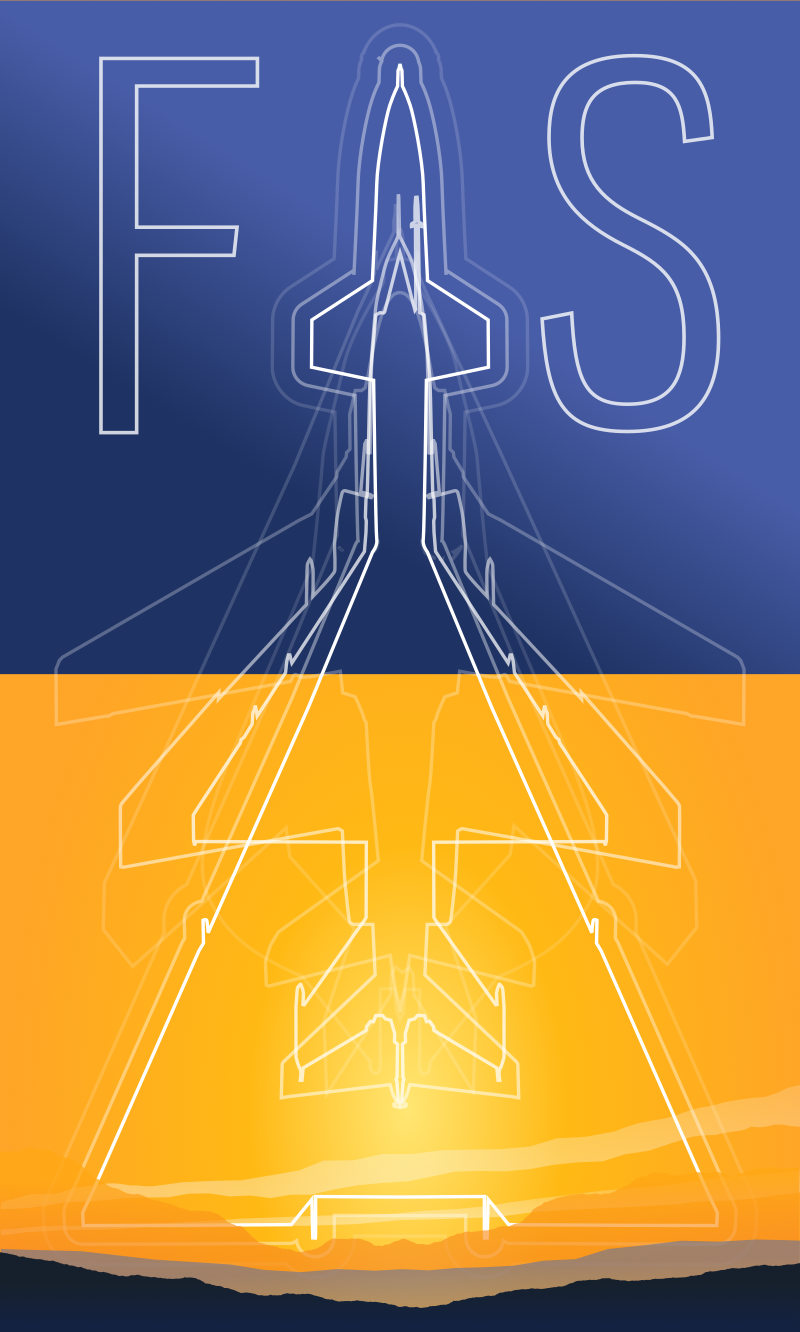From my Notebook >
Fifty Pounds Lost...How?

Well, I did it.
As of this week, I’ve lost fifty pounds. From 265 to 215. My plan is to keep going (I mean really, what else would I do?).
It’s taken me a little over a year, though the bulk of the weight loss has taken place in the last two months. And if you think that’s weird, try this: I haven’t felt deprived at all, and I still even allow myself to overeat!
It feels amazing, right up there with anything else I’ve ever done. And while it hasn’t been as hard as I imagined, it has certainly been different from the way I pictured it. I haven’t had to turn into some kind of body-builder dad or run triathlons. I haven’t had to starve myself. My belief in strength building was replaced with self-understanding. My inner guilt was replaced with self-empathy.
I had a good cry while I wrote this. I think my wife nailed it when she said that the lack of difficulty shows that it has become more of a psychological victory, not just a physical one. While I have a long way to go with my goals, I think that’s really what I wanted in the first place: Some indication that I found a solution to the core problem, whatever that was. Finding that solution has been emotional in its own special, positive way.
So: How was it done?
There are three main components in play, when I step back and look at what happened. Those components are exercise, psychology, and diet.
Exercise
I was lucky enough to grow up with encouraging PE teachers, encouraging parents, and even a church youth leader who was an extremely fit orthopedic surgeon. As a result, I start to hear their voices in my head if I go without some sort of an exercise plan for very long.
I started running in high school, then rode a bike around Japan for two years as a Mormon missionary, then took up the martial arts, studied bits and pieces of everything from Aikido to Shaolin Kung Fu to Judo, then went back to cycling again, and finally found something that felt more sustainable.
Walking.
My wife clued me in one day: Walking uses energy just like any other physical activity. If cycling is getting annoying, you don’t have to go all out and try running again—why not give walking a shot?
I started walking and was completely embarrassed to find that while I could bike 10 miles without any issues, a half hour walk involving some minor hills had me sweating profusely. Well, I guess I just learned that bikes are very efficient.
So, after a year of walking, I had lost about 15 pounds and was feeling great. But when I let off the walking a bit, I started to notice that my progress toward weight loss had stopped. That’s frustrating. I could make gains, but I could not consolidate my gains. What the heck was going on?
Psychology
Around the time I started walking, I was thinking through my journaling habit, reading through some old journals, and realizing that this was a habit that really helped me. I wanted to start a new journal, but one that was aimed at life improvement, rather than what had been a combination of sketching, to-do lists, and periodic brain-dumps full of thoughts, emotions, and fears of whatever was going on in my life.
So I started this humble “life improvement journal”. It is literally just a $6 spiral-bound notebook from the local drug store.
I documented my new walking habit and felt free to complain about things that upset me, just as I had in old journals. But once the urge to complain was taken care of, I started to make plans, trying to get to the bottom of whatever problems I felt I was facing.
Well, the problem was this: I couldn’t sustain weight loss by exercise alone.
I put my foot down. We were going to work on this.
Learning about myself
A few years prior, my business coach, Michael Carroll, had introduced me to a couple of different instruments to help me understand myself and others. The first was the DISC model. The second was the MBTI, the Meyers-Briggs Type Indicator. I learned a bit about my type, then put it aside and didn’t pick it up much after that. At the time, I felt like it told me things I already knew.
Finally, one day, after chatting with Mike a bit, I said, “Mike, what is it? Why do I procrastinate these goals but not these other goals?” He responded with something that shocked me:
“Marc, you are an INTJ personality type. The “N” in your personality type means you should not push yourself to spend a lot of time on extremely detail-oriented tasks. It will raise your stress through the roof. You should spend about 30% of your day on the detail stuff, max.”
Wait…what?! That was the Meyers-Briggs personality type, sure. I knew there were these four letters and they meant I was a smart aleck, kind of a nerd, or something like that. But I already knew myself very well at that level!
And yet, Mike was telling me there was some kind of formula for the types of activities I could sustainably carry on, and those I could not? A formula that could tell me exactly which kind of new years resolutions I would naturally struggle with? A formula that could tell me how to set goals I could actually keep?
“Holy cow,” I think, is what I thought about that. Years of frustration summed up right before my eyes.
From there I dove in. I bought a ton of books on personality theory. I won’t bore you with the details (it’s not my type, hah) but the following is a summary.
Learning to apply my gifts.
We all have a set of gifts. There are lots of ways of looking at those gifts. The one I found very useful at this point in my journey can be tried out here: Human Metrics Jung Typology Test.
After taking this test I knew I was an INTJ.
There are two main things I needed to find out from there:
- What is my inferior function? (Google it! Type in your four-letter personality type, then the phrase “inferior function”)
- Everyone has an inferior function. It’s two letters, like Fe or Te or Se or Si or Ni. If you find yours, you have just learned what you are not good at. Your weak areas.
- Interestingly, we tend to envy the thing we are not good at! When we get too stressed out, a yearning to do that thing can even start to take over our life. Yow.
- I learned all about my weaknesses to the point where I said, “that’s it, now I really know all about myself. But how could I get beyond that?
- What is my secondary function? (Google it! Type in your four-letter personality type, then the phrase “secondary function”)
- Your secondary function is like your psyche’s secret weapon for dealing with stress, tiredness, and illness.
- It’s expressed by two letters, like Fe or Te or Se or Si or Ni.
- If you figure out your secondary function, you have just learned how you can start to unlock your gifts.
- I learned that my own secondary function, extraverted thinking (written as “Te”) means expressing my thoughts via writing, charting, planning, etc., which unlocks my capacity to reach my goals.
- I thought about how I could apply my secondary function to weight loss.
- “Oh. I should write and plan and chart and strategize my way through the weight loss. I see.”
So, to give you a handy shortcut, if you’re interested in doing the same:
- ENFP, INFP, INFJ, ENFJ personalities: Diet Feelers
- ENTP, INTP, INTJ, ENTJ personalities: Diet Thinkers
- ESTP, ISTP, ISTJ, ESTJ personalities: Diet Planners
- ESFP, ISFP, ISFJ, ESFJ personalities: Diet Players
Those are brief overviews that do not go deep into specific secondary functions, but they integrate the same theory. Overall it is a good idea to do some internet research on your personality type and terms like “weight loss” to find what others like you have tried. I can’t emphasize how much of an improvement this was for me as compared to just reading about what anybody has tried.
For me, this was really a huge revelation. You see, I was doing some of that Te stuff, sure. It wasn’t like the writing and planning was new to me. But I was getting it all mixed up with my weak inferior function, and feeling guilty about the way I was not losing weight, and letting my inferior function step in again, etc.
Now that I finally knew what the Te was there for, and that it is a match with my personality type, I started to do tons of it. And it felt great.
Elapsed time from learning about the MBTI to actually applying it in a way that helped me lose 50 pounds? Five years. Psychology, folks! It works, but maybe give it some time. I hope my description above helps you benefit more quickly, but you know what they say: The journey is the reward.
Aside from weight loss, here are the other benefits I’ve gained from learning about my personality functions:
- Increased awareness of the needs of those around me
- Increased empathy
- Better results from group problem solving
- Better understanding of the family I was raised in
- Early warning of stress levels rising
- Knowledge of what to do when my stress levels rise
- Insight into the types of goals that are healthy and likely to build on my natural gifts
- Insight into my career track and where there may be hidden pitfalls
- Increased levels of satisfaction (as roughly measured in my journals)
- Less depression and anxiety (same)
It’s an amazing world we live in. And I’m really, really glad that somebody who doesn’t live in our world (Carl Jung) went ahead and published his ideas. He had good Te, too. In the years since he published his theories, not a single scientific study has shown that there is no validity to the MBTI, despite an abundance of different personality theories (I personally love to read about them all though).
Diet
With my physical activity levels nice and high, and my secondary function spinning up to help me reach my goals, I let my attention migrate to what was really bothering me: Inability to consolidate weight loss.
I could lose weight, but I couldn’t keep it off long enough to make the loss meaningful.
This could only mean that my food intake was all messed up. And my personality type happily explained why: My inferior function, extraverted sensing (“Se”), the one that came out when I was stressed, loved to eat. It loved the sensation of eating. Not to bring in nutrients—no way! Eating just felt great!
Wow. OK, that’s a problem.
How to deal with stress then? I must put my secondary function to work. Extraverted thinking. Back to my journaling. I wrote until I only had questions left and then researched and wrote some more.
Finally I came up with something big to fight my “Se”. The hunger scale. Here is a download [PDF from MIT] in case you think it will help you.
After figuring out how the scale worked, I put my plan into place. Just before eating, I would record my hunger levels. Then after eating, I’d record them again.
Here was another shock: Under stress caused by too much focus on detail-oriented tasks (see my inferior function), I was regularly waiting to eat until I was very hungry (3), and then I ate until I was full enough to cause some physical discomfort (8).
So yeah, I’d say my eating habits had something to do with my not losing weight! After using the scale for a couple of months, keeping a record, I’m way more in touch with my hunger levels than I used to be. That has been huge. If I had to ditch everything else, I would keep this one. Keeping my experience with the hunger scale in mind, I still let myself overeat sometimes, but I tend to snap right back afterwards.
To keep the stress eating even further at bay, I gave myself permission to take tremendously-long walks, whenever needed, instead of eating and staying at my desk. I’d put on a favorite podcast, pop in my headphones, and just get out and explore.
I also began to weigh myself each day, which I had previously decided was no good for me. “Weighing yourself is just a recipe for stress! And what does your weight really tell you anyway? It’s just a number! Just eat healthy food and exercise!”
For me, those turned out to be dumb reasons not to step on a scale. It turns out that my personality type really needs a way to measure my progress. So with my secondary function, my “Te”, I began to record my weight daily, along with any thoughts I had about how things were going.
To summarize, the diet part has really just been more psychology talk. There’s a lot more to eating than just that; I found that I didn’t really desire the ice cream and chips as much after a while so I let those fall by the side, but overall the “what” (as in, “what are you eating?”) hasn’t been as important as the “why,” “when,” and “how” that the psychology research was offering.
Conclusion
So here I am! Fifty pounds lighter, a heck of a lot more pleased with my circumstances, and continuing to use all these new tools I discovered. But is this change permanent?
Here’s what I can tell you:
- I’ve lost weight temporarily through exercise, and this is different from that.
- I’ve lost weight temporarily through extreme work stress, and this is different from that.
- I’ve lost weight temporarily by fasting, and this is different from that.
If I still had them around, I could, today, fit into the pants I wore in high school. Even those would be a little bit loose, though. In fact—and this is really weird to me—I’ve lost the ability to compare my current self with an even-more-ideal past self. I am in better all-around shape at age 37 than I’ve ever been before, especially if you figure in psychology.
I get a lot of questions about my weight loss now, the main one being, “how did you lose the weight?” I’m sorry if we were talking in person and I told you something like “diet and exercise.” You see, I am an introvert, and I never know how much detail to give people in social settings. The truth is that like most things, it’s complicated.
But I’ll bet you didn’t predict the story was going to go this way, right? I’ve written here about areas of psychology that are still debated among psychologists today, and I shared some awkward details about my eating habits. In the balance I just tried to provide some helpful starting points without becoming too prescriptive or didactic, because A) diet books use that as a technique to sell false hope, and B) my personality research tells me that your path will just naturally be a bit different from mine.
So: What did you learn? If your answer is “I should probably keep a journal and use the hunger scale,” remember that those tools are a fit for my personality! They may not even work for you. The key is in your psychology, not in mine.
Overall, if you are struggling with weight loss or just want to see the numbers go down a bit, I recommend that you work at it until you find some mix of exercise, psychology, and diet that works in your favor. Good luck! It is better on the other side.
As encouragement, here are a few of my favorite inspirational videos:
You can do it! And youth doesn’t seem to be a requirement.
Addendum
I am dedicating this post to my dad, Robert E. Carson, who struggled with weight loss, eventually making a terrific turnaround from having to walk with a cane to hanging out at the YMCA and doing hundreds of push-ups every day. Sadly, genetic disease took him from us before he could enjoy his health gains during retirement.
Dad, I hope I can build on what you taught me. I’m doing everything I can, as soon as I can do it.

 Friendlyskies.net
Friendlyskies.net